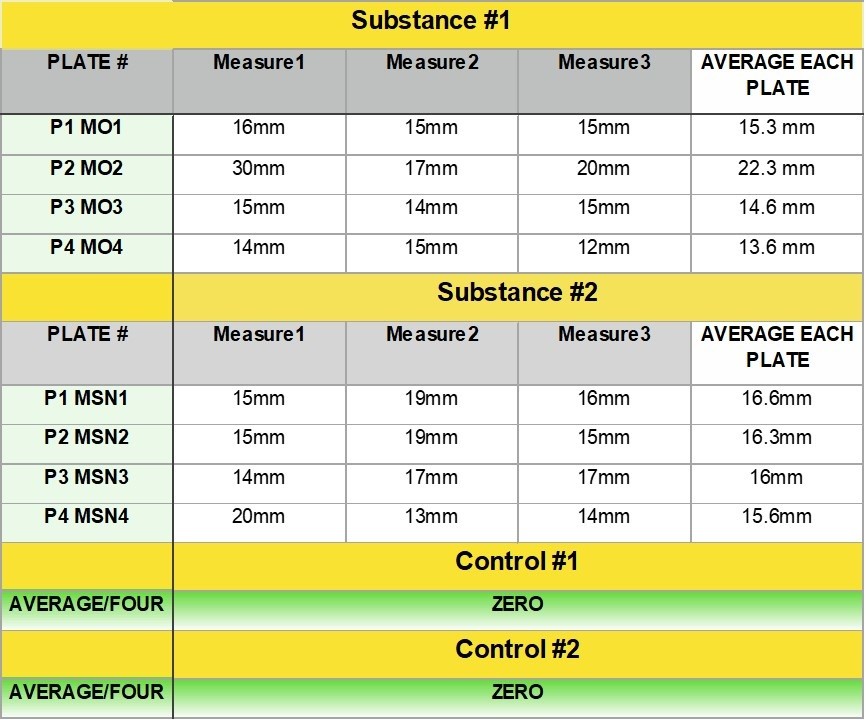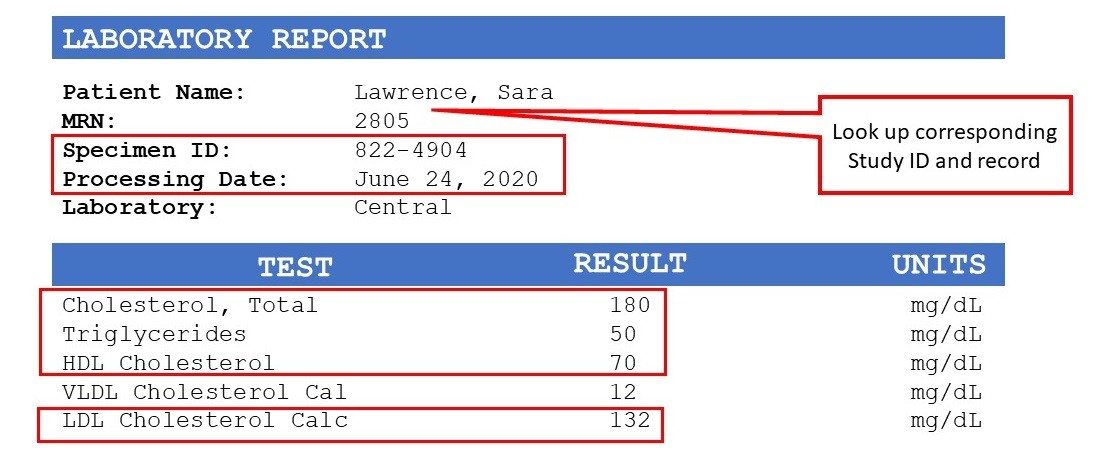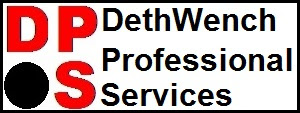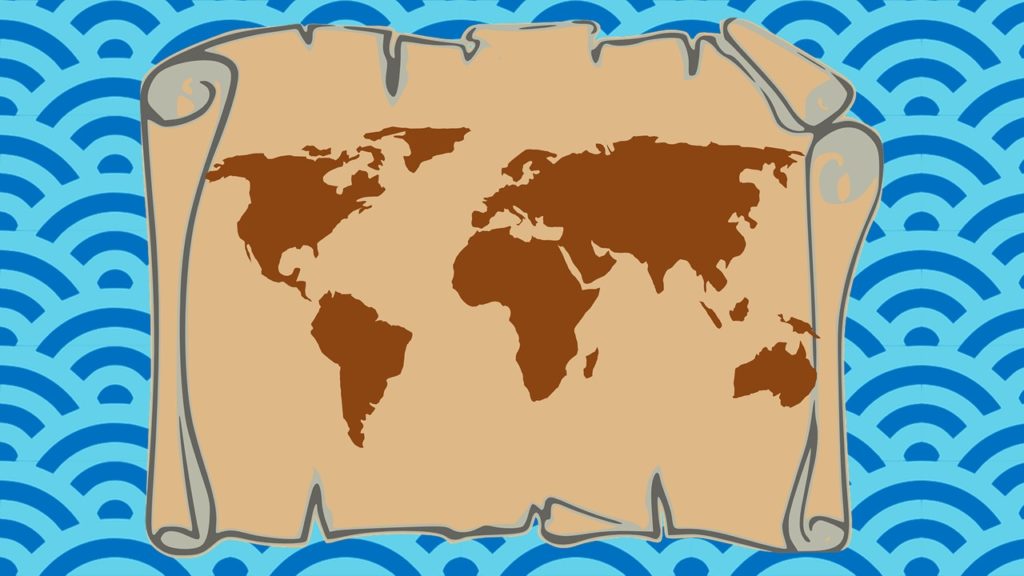If you’re studying healthcare and wondering if you will like healthcare research, you do not need to wait until you take a research methods or statistics course to find out. In fact, if you have a job in healthcare or have access to healthcare data, you can begin to see if healthcare research is really for you.
I made this blog post to help people new to the healthcare field try to determine if they will like doing research with healthcare data. With the rise of data science, there seems to be a lot of glamor. We hear these sexy words: machine learning, artificial intelligence, healthcare data warehouses, epidemiologic surveillance and so on. Unfortunately, I meet a lot of people caught up in the glamor who I don’t think will really like what they end up doing at the end of their training.
To Like Healthcare Research, You Have to Like Healthcare Data
If you are already a clinician or someone who works in healthcare, you already know about healthcare data. You may not know if you like it, but you at least know about it. There are many people who have literally no idea what healthcare data are like. They don’t realize that they are very confusing.
Let me show you what I mean. Here is an example of some data that my colleagues and I used in a laboratory study.

If that looks confusing to you, please understand – it looked confusing to me, too. Somewhere, there is a document where I have literally interviewed the person who gave me the data and wrote down what it meant. That’s part of why I’ve gotten very good at data documentation over the years.
So that’s one example of laboratory data. Those data were from plates where we grew some pathogen – I don’t remember what. On the other hand, we can have another example of healthcare lab data here.

This is a report for a fake patient, but it’s based on the real thing. This also means something I didn’t understand when I first looked at it – but I had some hints, since I’ve seen a lot of lab reports in my time. If you are doing healthcare research, you are going to have to figure out what all these data are from these different healthcare processes before you figure out what data you need for your research.
If You Are Not Sure, Instead of Statistics, Try Handling Healthcare Data
A lot of people who are not sure if they like healthcare research start by diving into healthcare statistics. I would not recommend this. This is because it’s pretty easy to download data from the internet and do anything with them. I have actually received manuscripts for peer-review that were done totally wrong this way! There are not a lot of safeguards against torturing public healthcare data, so I guess I am making a public service announcement.
Instead of doing statistics, I recommend you find a way to be a part of a data process within the healthcare system.
- Imagine you get a job in the United States helping people sign up for Medicare and Medicaid, which are public health insurance. You’d be part of making insurance data, and then you would understand it.
- Imagine you volunteer to help people providing healthcare to the homeless or people in prison. You will then learn about the medical records systems used to track the records of homeless people, and people in prison.
- Imagine you volunteer at a health fair screening people for high blood pressure and referring them to healthcare. You would learn about the data associated with making healthcare referrals.
Research is a Way to Practice Collecting Healthcare Data
The reality is that it is much easier to just download a dataset from the internet and do statistics. It is harder to touch actual healthcare data as it is coming into the dataset unless you have a job or some official role in healthcare – mainly for good reasons having to do with privacy and confidentiality.
But if you are studying in a formal program or you have colleagues in healthcare, one way to figure out if you like healthcare research is to do a research study, and actually do some healthcare data collection.
- I had a student in a Master’s of Health Administration (MHA) program who was able to do an anonymous patient satisfaction survey at her internship, and this was an extremely helpful exercise for her to see if she wanted to continue this kind of work.
- Many public health programs have phone-based data collection efforts going on that you can join to see if you like doing surveys about health, and to learn about survey data
In any case, I strongly recommend you learn if you like healthcare research by handling data coming in, not data after it has already been stored in a database.
Updated June 21, 2021
If you are not sure if you will like doing research in healthcare, instead of starting with big data, start with data collection and get to know the data as it comes into the dataset.




